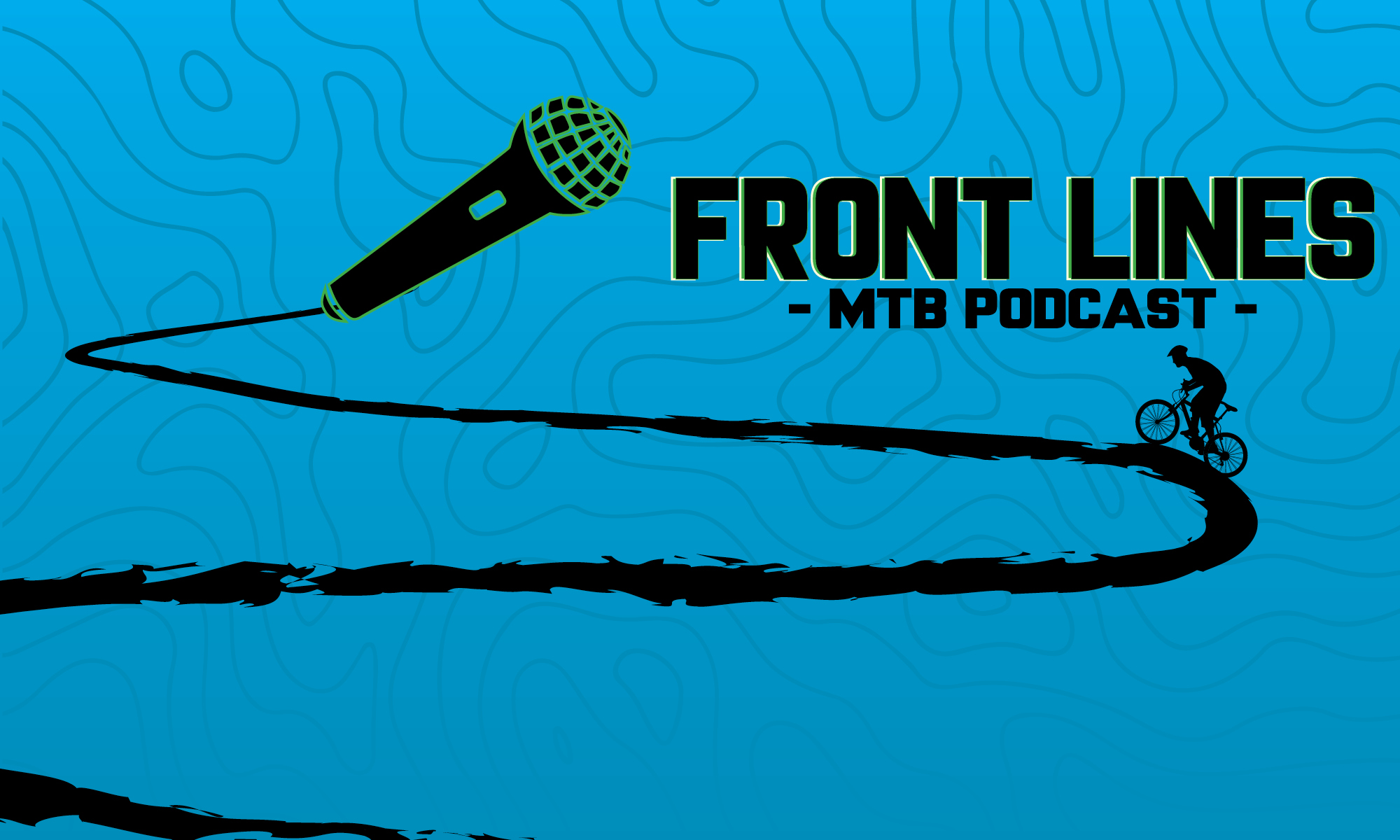 We hear from Laura Puckett Daniels, Deputy Director at the Crested Butte Mountain Bike Association in Crested Butte, CO. Laura shares with us how her Bike Club added conservation to their mandate and created the Crested Butte Conservation Corps. In addition, Laura tells us about their Women’s Work Force (WWF), a female focused trail day program and the effects it has had on the community and organization.
We hear from Laura Puckett Daniels, Deputy Director at the Crested Butte Mountain Bike Association in Crested Butte, CO. Laura shares with us how her Bike Club added conservation to their mandate and created the Crested Butte Conservation Corps. In addition, Laura tells us about their Women’s Work Force (WWF), a female focused trail day program and the effects it has had on the community and organization.
Continue reading “Ep 56 – Adding Conservation to the Mandate: Interview w/ Laura Puckett Daniels”

 Christine Reid of the North Shore Mountain Bike Association (NSMBA) discusses diversity and what it means to be a woman in Mountain Biking with guests: Cynthia Young of the NSMBA, Amanda Schulze, Brand Strategist and Founder of Lithia Effect and Danielle Baker, Freelance Writer and Communications Manager at BC Bike Race.
Christine Reid of the North Shore Mountain Bike Association (NSMBA) discusses diversity and what it means to be a woman in Mountain Biking with guests: Cynthia Young of the NSMBA, Amanda Schulze, Brand Strategist and Founder of Lithia Effect and Danielle Baker, Freelance Writer and Communications Manager at BC Bike Race. As a follow up to the last episode we welcome back to the show, Patrick Lucas. He’s the founder of the Aboriginal Youth Mountain Bike Program and shares his “Best practices and guidelines for engaging and working with Indigenous Peoples on trails and outdoor recreation projects”.
As a follow up to the last episode we welcome back to the show, Patrick Lucas. He’s the founder of the Aboriginal Youth Mountain Bike Program and shares his “Best practices and guidelines for engaging and working with Indigenous Peoples on trails and outdoor recreation projects”. This episode we here from Len Necefer, he’s a Navajo Mountaineer and CEO of NativesOutdoors. Using the Geo-tagging capabilities of Facebook and Instagram, Len has been returning traditional Indigenous names to popular recreation spots. Len also helps us understand the value and importance of those names and the effects of cultural appropriation on Indigenous communities.
This episode we here from Len Necefer, he’s a Navajo Mountaineer and CEO of NativesOutdoors. Using the Geo-tagging capabilities of Facebook and Instagram, Len has been returning traditional Indigenous names to popular recreation spots. Len also helps us understand the value and importance of those names and the effects of cultural appropriation on Indigenous communities. After a bit of a hiatus here’s a quick episode discussing the role that Bike Shops might have to helping new riders entering the sport of mountain biking. What’s it like to walk into a bike shop with zero knowledge? While shopping for a stroller recently, I take a walk in someone else’s shoes and discover what it like to be a beginner again.
After a bit of a hiatus here’s a quick episode discussing the role that Bike Shops might have to helping new riders entering the sport of mountain biking. What’s it like to walk into a bike shop with zero knowledge? While shopping for a stroller recently, I take a walk in someone else’s shoes and discover what it like to be a beginner again. Continuing the discussion on diversity, we explore why inclusivity is so important and step outside the Mountain Bike world to learn lessons from the broader Outdoor community. My guest is Ambreen Tariq, founder of @brownpeoplecamping. Her project is sharing and promoting camping and hiking from the perspective of a proud South Asian Muslim American.
Continuing the discussion on diversity, we explore why inclusivity is so important and step outside the Mountain Bike world to learn lessons from the broader Outdoor community. My guest is Ambreen Tariq, founder of @brownpeoplecamping. Her project is sharing and promoting camping and hiking from the perspective of a proud South Asian Muslim American. Following up with last episode and the discussion about diversity and inclusivity in the Mountain Bike community, I speak with Eric McKeegan. Eric is the Tech Editor at Dirt Rag and Bicycle Time and we discuss his article: A Presidential Speech for the Bike Industry.
Following up with last episode and the discussion about diversity and inclusivity in the Mountain Bike community, I speak with Eric McKeegan. Eric is the Tech Editor at Dirt Rag and Bicycle Time and we discuss his article: A Presidential Speech for the Bike Industry. How can mountain biking be a part of reconciliation, Patrick Lucas and the Aboriginal Youth Mountain Bike Program are helping to build trails and relationships that do just this. Read more about Patrick and his program at Reconciliation Canada where you can find his article Digging For Reconciliation.
How can mountain biking be a part of reconciliation, Patrick Lucas and the Aboriginal Youth Mountain Bike Program are helping to build trails and relationships that do just this. Read more about Patrick and his program at Reconciliation Canada where you can find his article Digging For Reconciliation.